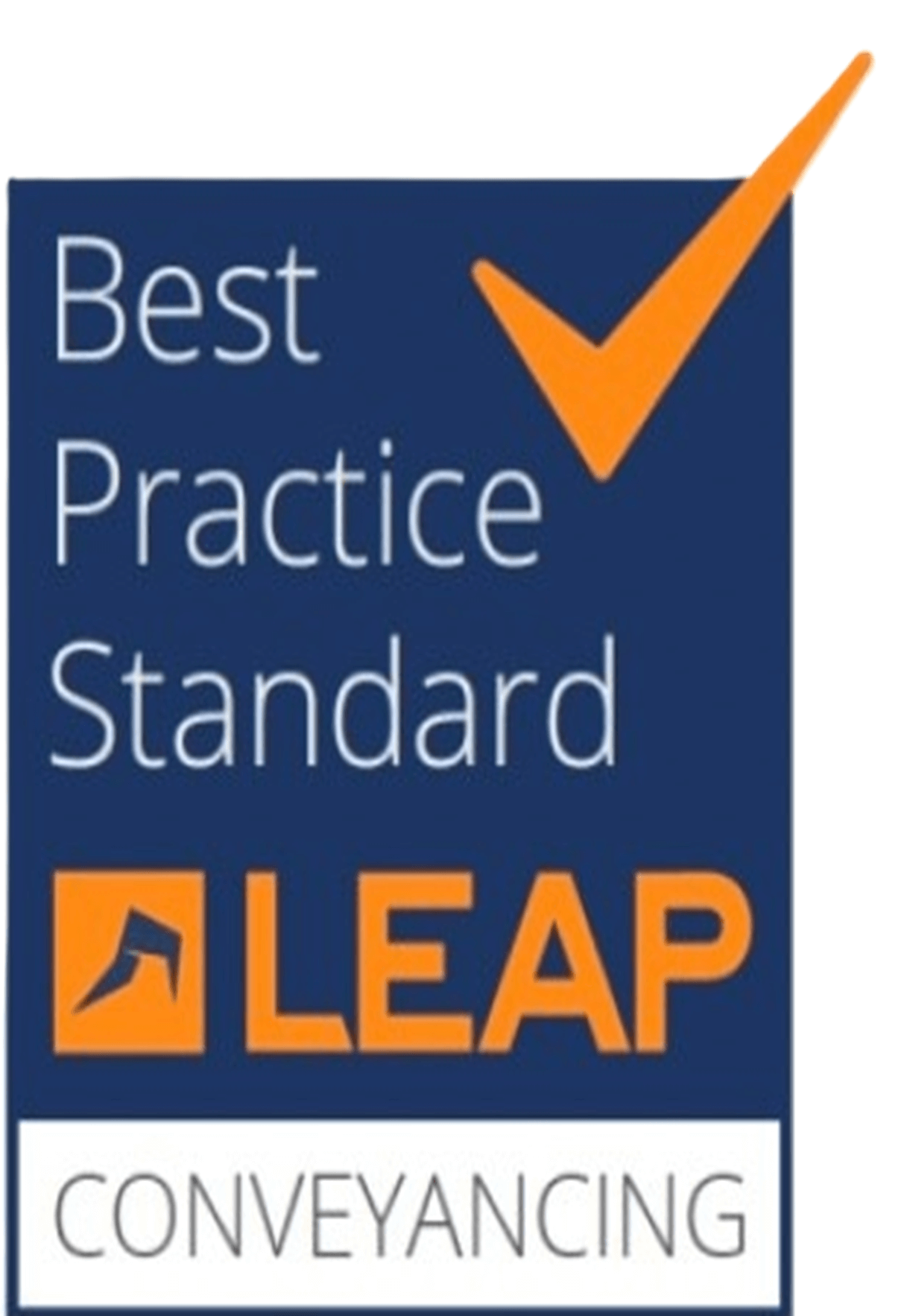It can be difficult to escape the clutches of the taxman even after we have died. A rather cynical quote attributed to Benjamin Franklin goes along the lines of “Nothing is certain but death and taxes”, and this couldn’t be more true when it comes to Inheritance Tax.
Inheritance Tax (IHT) is payable on the combined value of our property and assets when we die. The IHT rate payable can be a massive 40% of our estate’s value above the tax-free threshold of £325,000 (known as the Nil-Rate Band). While £325,000 sounds like a lot of money to many of us, the rising values of our homes means your estate could easily be worth enough (at least on paper) to be liable for Inheritance Tax.
Here at hpjv solicitors, our aim is to help you ensure that your loved ones see the maximum benefit from your estate, so they are cared for when you are no longer around. Our Inheritance Tax planning experts can advise you on the various strategies available to protect the value of your estate by minimising its tax liability.
Planning for life after your death may be something you don’t like to think about, but, as we say on our Home Page, “Planning is bringing the future into the present so that you can do something about it now.”
We are able to arrange home and hospital visits at no extra cost (subject to location) for clients with a disability or who would otherwise be unable to attend our offices.
To arrange your initial consultation with our approachable, expert Inheritance Tax planning solicitors in Cardiff, Newport or Chepstow, please get in touch.
How we can help you to reduce Inheritance Tax
The methods of reducing your estate’s Inheritance Tax obligations are not always straightforward but we can help by explaining your options to you and putting them into effect where needed.
Some of the highly effective options for reducing your estate’s Inheritance Tax liability we can offer include:
- Structuring your Will to minimise Inheritance Tax
- Setting up a Trust to protect assets
- Restructuring your plans following a marriage or divorce
- Making lifetime gifts to persons who you would otherwise have provided for in your will (these are called Potentially Exempt Transfers)
- Advising you as to your eligibility for Inheritance Tax reliefs such as Business Property Relief and Agricultural Property Relief
- Advising as to the availability of the Residential Nil-Rate Band (which is in addition to the Nil-Rate Band of £325,000)
- Advising on the transfer of Nil-Rate Bands for married couples and civil partners
Inheritance Tax planning FAQs
How does the Nil-Rate Band work?
Inheritance Tax is not paid on the full value of your estate as the first £325,000 is tax-free. This tax-free allowance is referred to as the Nil-Rate Band. Anything above this will normally be taxed at 40% (or 36% if you leave 10% or more of your estate to charity).
There is an additional tax-free allowance for your main residence, if you pass this to a direct descendant e.g. your child or grandchild. This is currently set at £175,000.
Any assets you pass to a spouse or civil partner will also be exempt from Inheritance Tax and any unused tax exemption you have can be passed to them as well. This means that, if you leave everything to your spouse of partner and they then leave everything to your children, their effective tax-free Nil-Rate Band would be £1,000,000.
Are gifts exempt from Inheritance Tax?
Whether a gift you make will be considered to be part of your estate for Inheritance Tax purposes may depend on various factors, including:
- The type of gift
- The value of the gift
- Who the recipient is
- How long before your death the gift is made
The following types of gifts will usually not count as part of your estate for IHT purposes:
- Annual gifts up to a total value of £3,000
- Small gifts of £250 or less
- Wedding gifts of up to:
- £5,000 to one of your children
- £2,500 to one of your grandchildren
- £1,000 to a friend or other relative
- Gifts to help with living costs for an ex-spouse, elderly dependent or child under 18 or in full-time education (depending on the circumstances)
- Any gift made more than 7 years before your date of death
Non-exempt gifts made less than 7 years before your death may be considered part of your estate for Inheritance Tax. However, the rate of IHT due may be reduced depending on how long before your death the gift is made.
IHT rates for non-exempt gifts are the following rates depending on the length of time between the gift being given and your death:
3 years | 40% |
3-4 years | 32% |
4-5 years | 24% |
5-6 years | 16% |
6-7 years | 8% |
Over 7 years | 0% |
Can you transfer your Inheritance Tax exemption if you’re not married?
Your Nil-Rate Band can only be transferred to a surviving spouse or civil partner. If you are not married or in a civil partnership, you cannot benefit from this option.
It may therefore be worth considering other options, such as leaving your home to your children and giving your partner a life interest in the property. This means they can continue to live there until their death or until they decide to leave.
We are able to arrange home and hospital visits at no extra cost (subject to location) for clients with a disability or who would otherwise be unable to attend our offices.
To arrange your initial consultation with our approachable, expert Inheritance Tax planning Lawyers in Cardiff, Newport or Chepstow, please get in touch
No Hidden Costs Same Day Response
For more information or to speak to one of our experts please call us on:
01633 242 526









